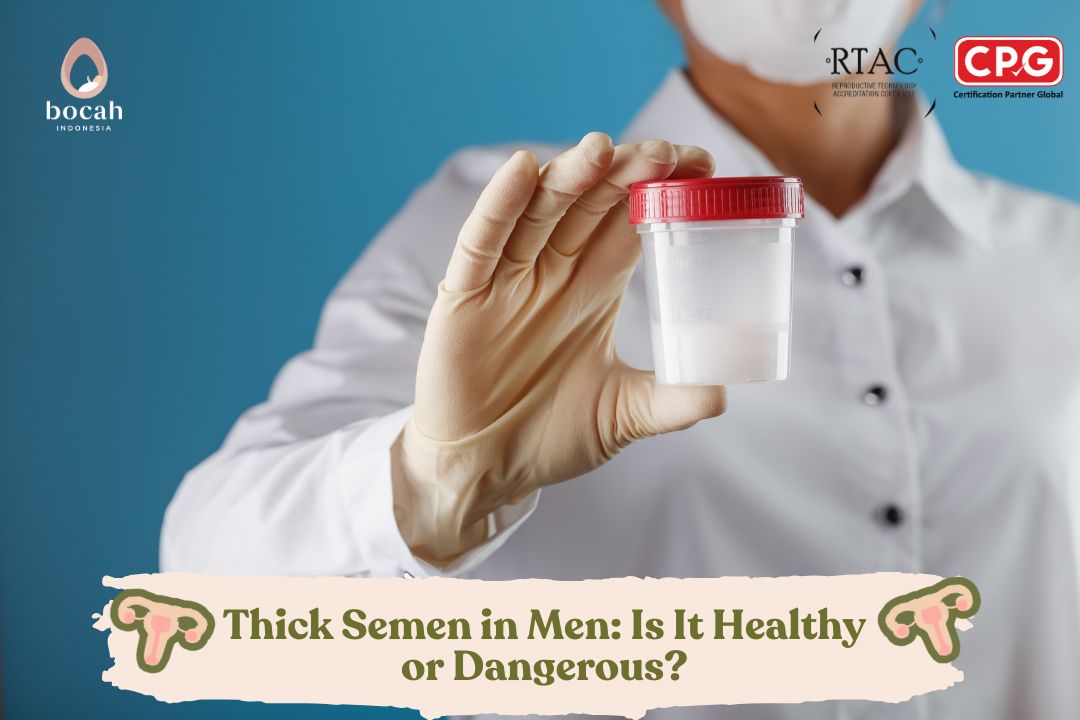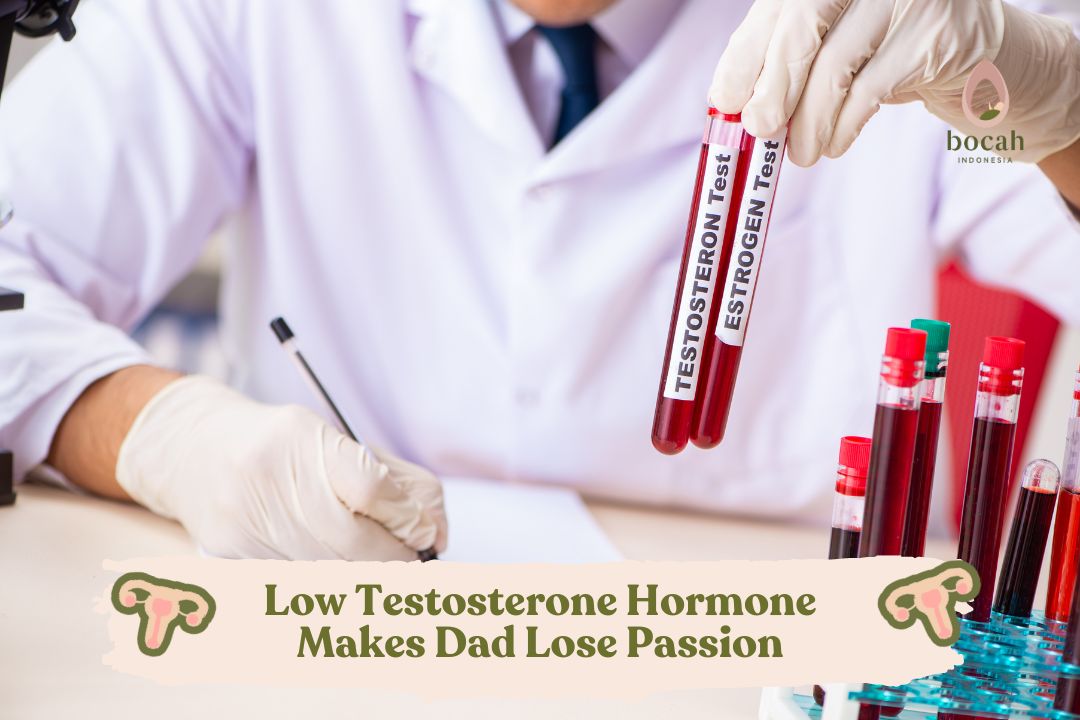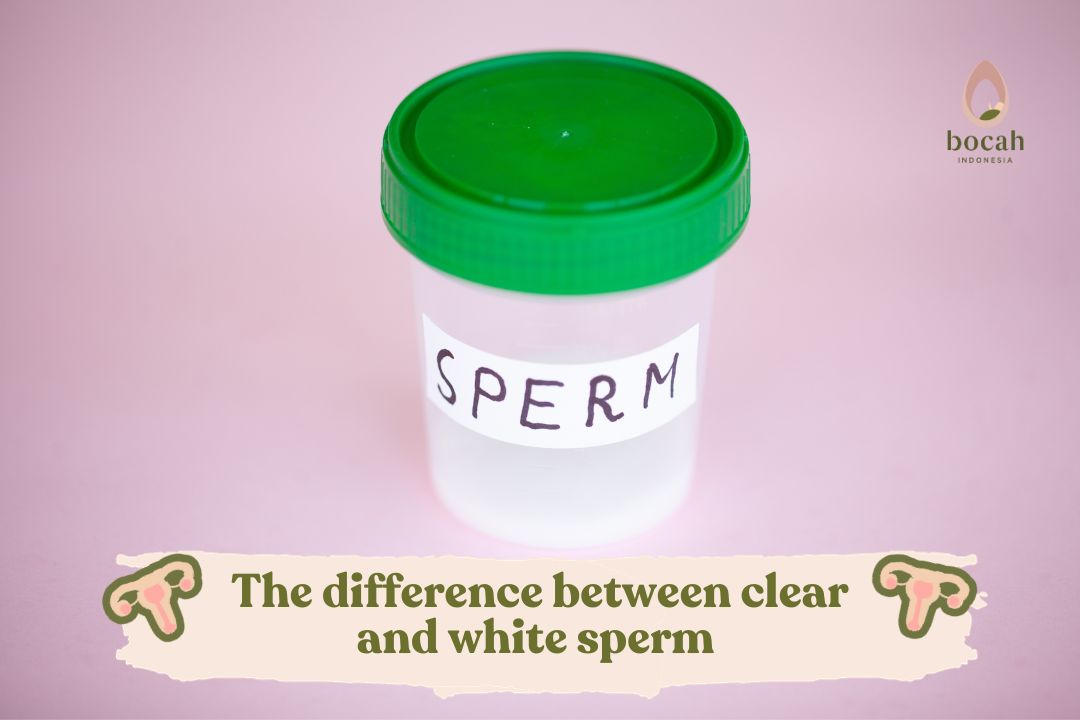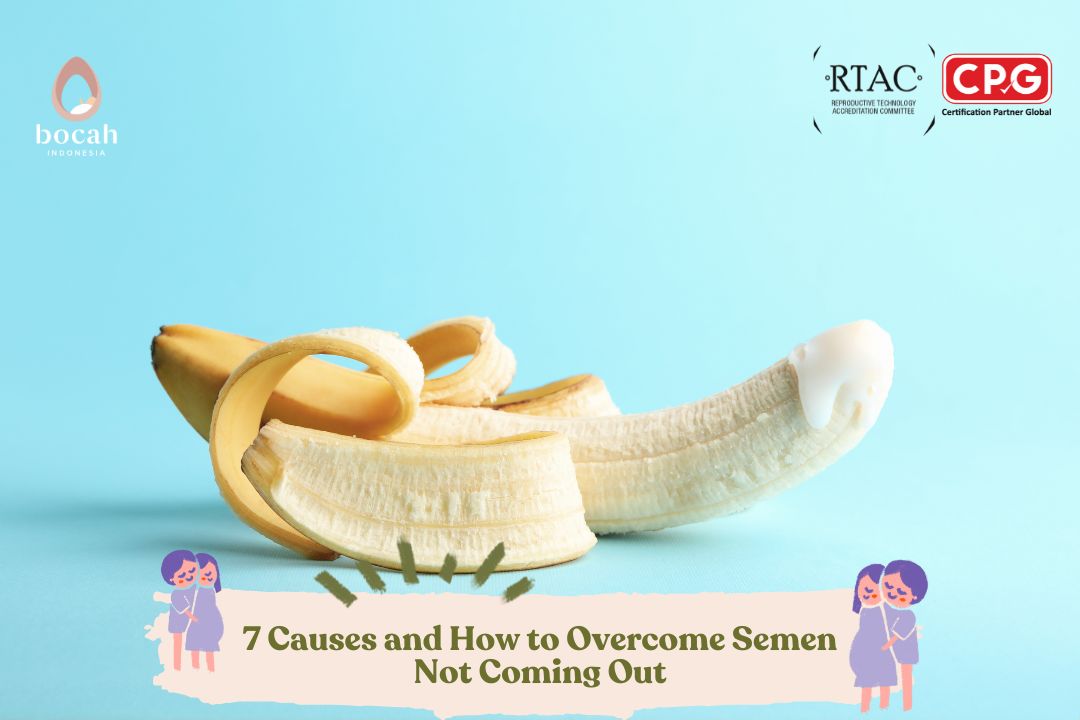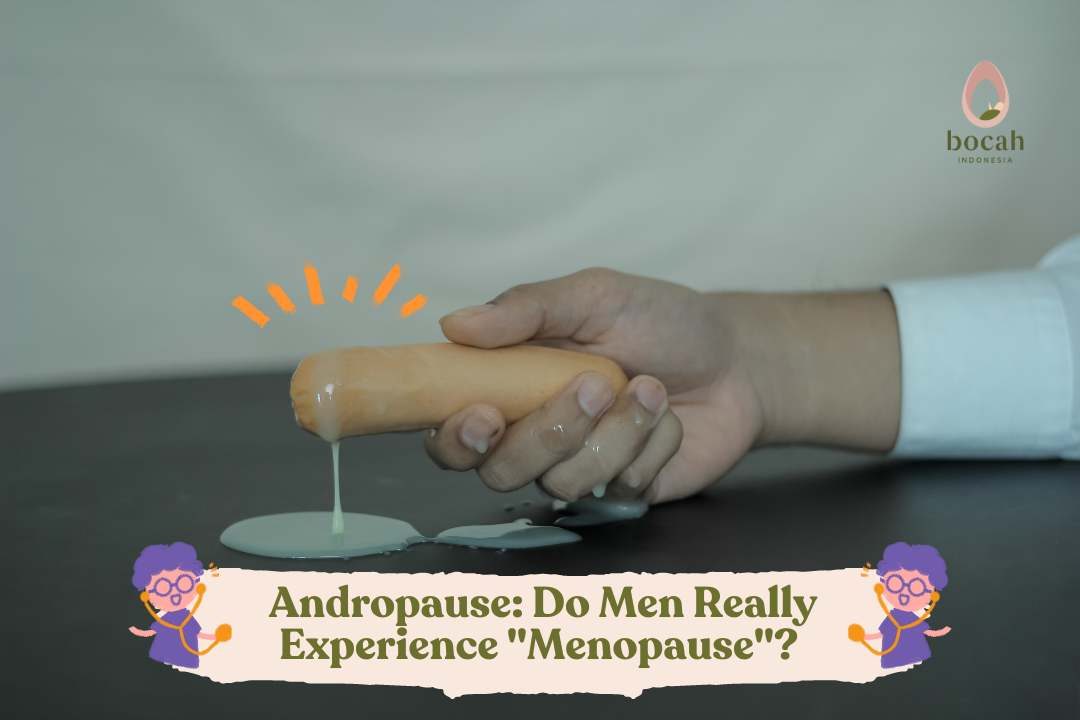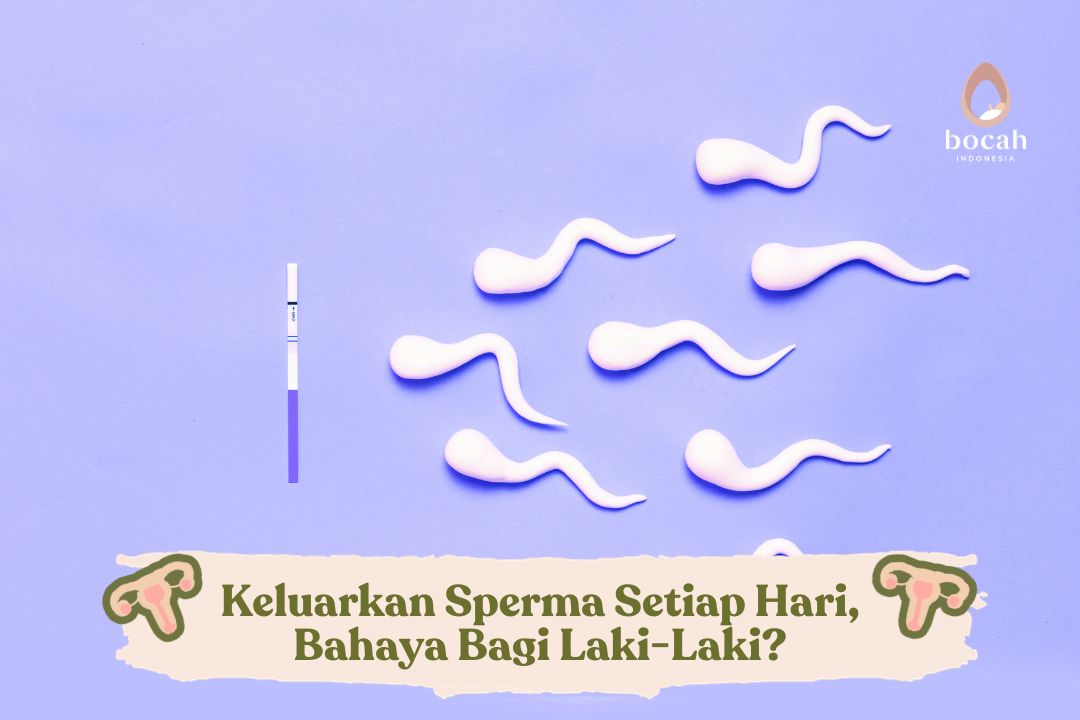Hypospermia: Low Semen Volume Condition in Men
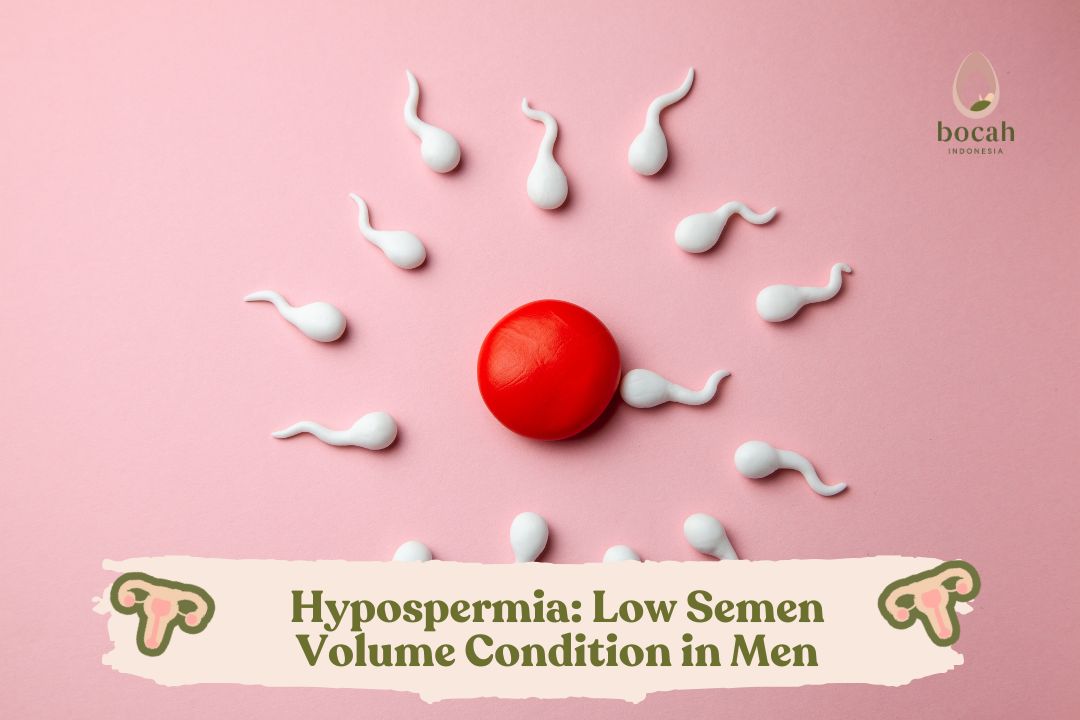
Understanding Hypospermia and Its Impact on Male Fertility
Hypospermia is a medical condition in which the semen volume released during ejaculation is less than 1.5 milliliters. While it may seem minor, this condition can significantly affect fertility, especially for couples attempting to conceive. Low semen volume often indicates a lower sperm count, which can reduce the chances of fertilizing an egg.
Difference Between Hypospermia and Oligospermia
Hypospermia is different from oligospermia. While hypospermia refers to low semen volume, oligospermia is a condition in which the sperm concentration or count in semen is very low. Although hypospermia itself does not always cause infertility, when combined with oligospermia, it can increase the difficulty of conceiving.
Factors Contributing to Hypospermia
Hypospermia can occur in men of various ages. Some risk factors that increase the likelihood of hypospermia include:
- Stress and Fatigue: Chronic stress and excessive fatigue can hinder semen production.
- Hormonal Imbalance: Low levels of hormones, such as testosterone, can directly impact semen production.
- Dehydration: Inadequate fluid intake can lead to reduced semen production.
- Medical Conditions: Illnesses like infections in reproductive organs, prostate disorders, or diabetes can reduce semen volume.
- Genital or Pelvic Trauma: Injuries to the genital or pelvic area can impair semen production.
- Unhealthy Lifestyle: Habits like smoking, excessive alcohol consumption, or drug use can decrease semen production.
Symptoms and Indicators of Hypospermia
Men with hypospermia may experience the following symptoms:
Mulai Journey of Hope
- Low Semen Volume: During ejaculation, the semen volume is often less than 1.5 milliliters.
- Difficulty Conceiving: Couples may face difficulties conceiving, possibly due to low semen volume or the presence of hypospermia.
- Changes in Semen Quality: Changes in consistency or color of semen may indicate this condition.
- Unusual Ejaculation Sensation: Some men report a less satisfying or different sensation during ejaculation.
- Pain or Discomfort: In certain cases, men may feel pain or discomfort in the genital area during ejaculation.
Treatment and Management of Hypospermia
Several approaches can help increase semen volume and improve the chances of successful conception:
- Lifestyle Changes: Adopting a healthy lifestyle is an essential first step. Reducing alcohol intake, quitting smoking, and maintaining an ideal body weight can help boost sperm production. Avoid frequent hot baths or sauna sessions, as excessive heat can impact sperm production.
- Healthy Diet: Consuming foods rich in antioxidants, vitamin C, vitamin E, and zinc can improve sperm health. Fruits, vegetables, nuts, and seeds are excellent choices for boosting semen health.
- Regular Exercise: Regular physical activity helps improve blood circulation and reproductive health. However, avoid excessive or overly intense exercise, as it may have the opposite effect.
- Consulting a Doctor: If lifestyle changes don’t yield results, consult a doctor. They may conduct tests to identify the cause of hypospermia and prescribe suitable treatments, including hormonal medications or specific medical procedures if necessary.
- Hormonal Treatment: If the problem is related to hormonal imbalances, a doctor may prescribe hormonal medication to help boost sperm production.
- Medical Procedures: In some cases, medical procedures, including surgery, may be necessary to address physical issues causing hypospermia.
Sperm Health for Conception
In efforts to conceive, the overall health of sperm, not just the count, is essential. Male reproductive health is determined by three main aspects:
- Individual Sperm Health: This includes the shape and motility of the sperm.
- Sperm Count or Concentration: The number of sperm present per milliliter of semen.
- Total Semen Volume: The amount of semen released during ejaculation.
Research shows that men’s sperm quality has generally declined, though the reasons remain unclear. Lifestyle and nutrition are thought to play a significant role.
Does Sperm Count Affect IVF Success?
Semen volume and quality also affect the success of assisted reproductive technology, such as in vitro fertilization (IVF). For men with very low sperm count, a procedure called intracytoplasmic sperm injection (ICSI), where sperm is directly injected into the egg, may be an alternative.
Importance of Medical Consultation
If you experience hypospermia, it’s crucial to consult a doctor for an accurate diagnosis. The right treatment can improve your chances of a successful pregnancy journey and support optimal reproductive health.
Source:
- Alayman Hussein. Overview Treatment and Male Reproductive Medicine. Encyclopedia of Reproduction (Second Edition), 2018.
- Fainberg, Jonathan & Kashanian, James A. Recent advances in understanding and managing male infertility. F1000Res, 2019.
- De Braekeleer, Marc et al. Genetic aspects of monomorphic teratozoospermia: a review. J Assist Reprod Genet, 2015.
- Hirsh, Anthony. Male subfertility. BMJ, 2003.
- NCH Healthcare System. Low sperm count, 2023.
- Mayo Clinic. Healthy sperm: Improving your fertility, 2022.
- Healthline. What You Should Know About Hyperspermia, 2018.


